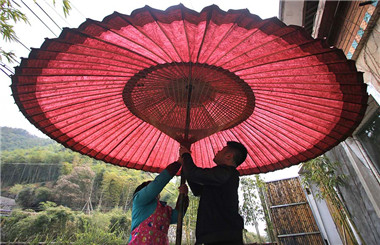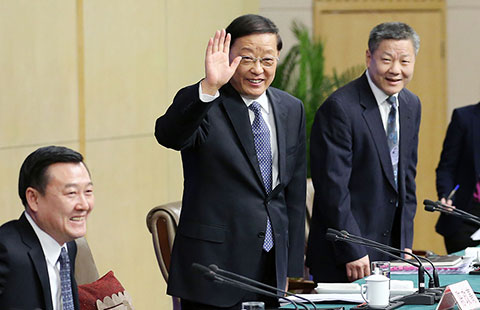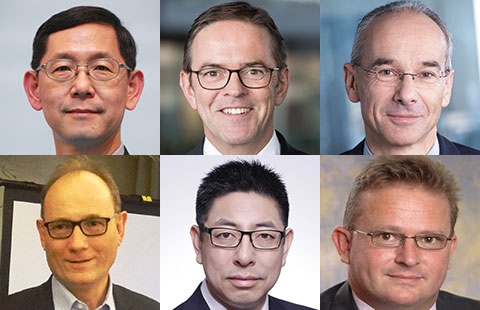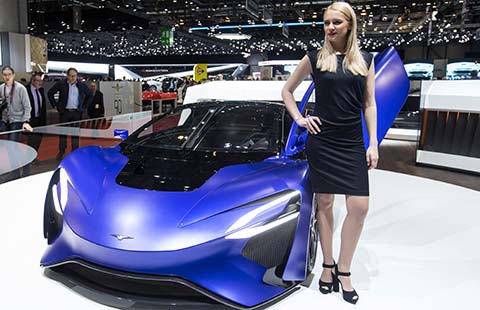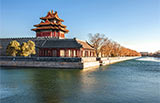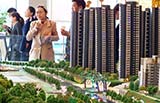China, Myanmar vow to encourage investment, trade
(Xinhua) Updated: 2012-09-25 14:58NANNING -- Myanmar President U Thein Sein has told Vice President Xi Jinping that Myanmar's policies regarding China have not changed, although the country is currently in a transitional period.
U Thein Sein met with Xi at the ongoing ninth China-ASEAN Expo, which is running from September 21 to 25 in Nanning, capital of southern China's Guangxi Zhuang Autonomous Region.
Myanmar's political reforms and national reconciliation have been ongoing since last year, while several countries have eased sanctions on Myanmar in recent months, drawing attention to the country and its relationship with China.
As the "country of honor" for this year's China-ASEAN Expo, Myanmar sent a high-ranking delegation, including its president and ministers from key departments, to promote Myanmar and attract foreign investment in the hope of boosting trade and economic exchanges.
According to statistics from Myanmar's Ministry of Commerce, China has invested $14.14 billion in Myanmar as of August this year, becoming the largest foreign investor in Myanmar to date.
"There is still great potential in bilateral trade between China and Myanmar in the future," U Thein Sein said in his keynote speech at the expo.
Xi said China will continue to encourage Chinese enterprises to invest in the livelihoods of Myanmar's people and other areas.
"Bilateral trade and economic exchanges between China and Myanmar enjoy great potential and both countries have set up a mutually beneficial economic framework," said Yu Ping, vice president of the China Counsel For the Promotion of International Trade.
Welcoming foreign investment
Myanmar welcomes direct investment from foreign countries, as some countries have eased sanctions on Myanmar, U Thein Sein said during a roundtable dialogue held at the expo.
U Win Myint, Myanmar's Minister of Commerce, said the country will develop its tourism industry in order to bring in more tourists from across the world. He said Myanmar has been happy to see enterprises from China and other countries build high-end hotels in the country.
Foreign investment in the agriculture and forestry industries is a pressing need in Myanmar, as both sectors form the backbone of the country's economy.
Zhang Yan, the manager of Rubber Valley, a rubber processing company based in east China's city of Qingdao, said he came to the expo to seek advice from the Myanmar delegation, as much of his company's raw materials are imported from Myanmar.
"Myanmar will have many investment opportunities during its transition and development period. I have already opened a rubber processing factory in Myanmar and I believe there are still broad prospects for cooperation between the two countries," Zhang said.
Although Myanmar's economy has developed slowly, the country is now aiming to boost its growth through the development of industry and reforms in politics and economics.
"We are now focusing on building industrial parks and industrial zones, as well as special economic zones, across the country. Therefore, we do need more Chinese investment in Myanmar, " said Aung Naing Oo, an investment official from the Ministry of National Planning and Economic Development.
"Since we now have the ASEAN Comprehensive Investment Agreement, it will pave the way for Chinese investment to be facilitated and promoted in our region," Aung Naing Oo said.
"I hope that more investment will go to the manufacturing sector in Myanmar, as most of the current foreign investment is focused on the country's resources," he added.
- Sinotrans to focus on logistics after being acquired by China Merchants
- Cyber stars' key ways to grow rich
- Celebrity economy set for explosive growth in China
- Huayi Brothers to produce animation films
- Oil giant CNPC, COFCO ally to boost sales
- No deal yet on Toshiba division sale to Midea
- Three Gorges-led group bids for Brazil hydropower plant
- Top 10 targets of the 13th Five-Year Plan
